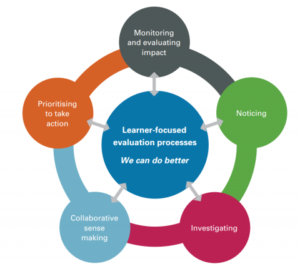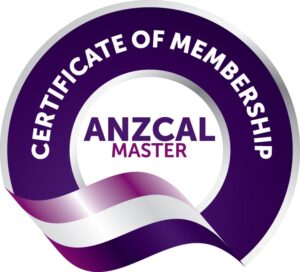 Fostering a culture of inquiry and reflection in early childhood settings is a key goal for teachers and leaders. Inquiry and reflection are essential skills for early childhood educators, as they help teachers to:
Fostering a culture of inquiry and reflection in early childhood settings is a key goal for teachers and leaders. Inquiry and reflection are essential skills for early childhood educators, as they help teachers to:
- understand children’s learning and development,
- plan meaningful and responsive curriculum, and
- improve their own practice.
A culture of inquiry and reflective practice also facilitate opportunities to develop children’s curiosity, creativity and critical thinking skills, which are vital for their lifelong learning.
A culture of inquiry and reflection is one where teachers and children are engaged in asking questions, exploring ideas, seeking answers, and sharing their findings. It is also one where teachers and children are open to feedback, willing to learn from their mistakes, and able to adapt to changing situations. A culture of inquiry and reflection requires a supportive and trusting environment, where everyone feels valued and respected.
There are many strategies that teachers and leaders can use to foster a culture of inquiry and reflection in their early childhood settings and here are 7 strategies for your consideration:
- Create a stimulating and inviting learning environment that offers a variety of materials, resources, and experiences that spark children’s interest and imagination.
- Encourage children to ask questions, express their opinions, share their stories, and make connections between their prior knowledge and new information.
- Provide opportunities for children to investigate topics of their choice, individually or in groups, using different methods and tools such as observation, experimentation, documentation, research, etc.
- Model inquiry and reflection skills by asking open-ended questions, making comments, giving feedback, and sharing your own thinking and learning processes with children.
- Use pedagogical documentation to capture children’s learning journeys, such as learning stories, portfolios, photos, videos, etc. Use these documents to reflect on children’s progress, strengths, needs, interests, and goals with children, families, colleagues, and leaders.
- Engage in critical reflection and dialogue with your peers and colleagues, using structured protocols or question starters to guide your discussions. Seek feedback from others on your practice and offer feedback to others in a constructive and respectful way.
- Participate in professional development activities that enhance your knowledge and skills in inquiry and reflection. Read current research and literature on inquiry-based learning and reflective practice. Attend workshops or webinars on these topics. Join or form a professional learning community with other early childhood educators who share your passion for inquiry and reflection.
By fostering a culture of inquiry and reflection in your early childhood setting, you will enhance professional growth and practice for your teachers and yourself, and you will also support children’s learning and development in meaningful and engaging ways. You will also create a positive and collaborative learning community where everyone can thrive. Inquiry and reflection are not only skills but also dispositions that can enrich your life as an early childhood educator.
© Gaynor Clarke, 2023
Gaynor Clarke
B.Ed (Teaching), Cert Tertiary Teaching, PGDip Ed, MEd Leadership
Reach. Teach. Lead.
Reach Education Ltd
Teacher Leadership Mentoring and Life Coaching. Personal and Professional Development.
Gaynor is a teacher educator and mentor facilitating personal & professional leadership wellbeing outcomes for teachers.
If you are an early childhood teacher or leader looking to enhance your leadership skills, I would love to work with you. As a leadership mentor and coach, I specialize in helping early childhood educators develop their leadership potential and make a positive impact for the ākonga they serve. If you are interested in learning more about my leadership mentoring services, please visit my website or contact me directly to schedule a consultation. I would love to work with you!








Leave a Comment
You must be logged in to post a comment.